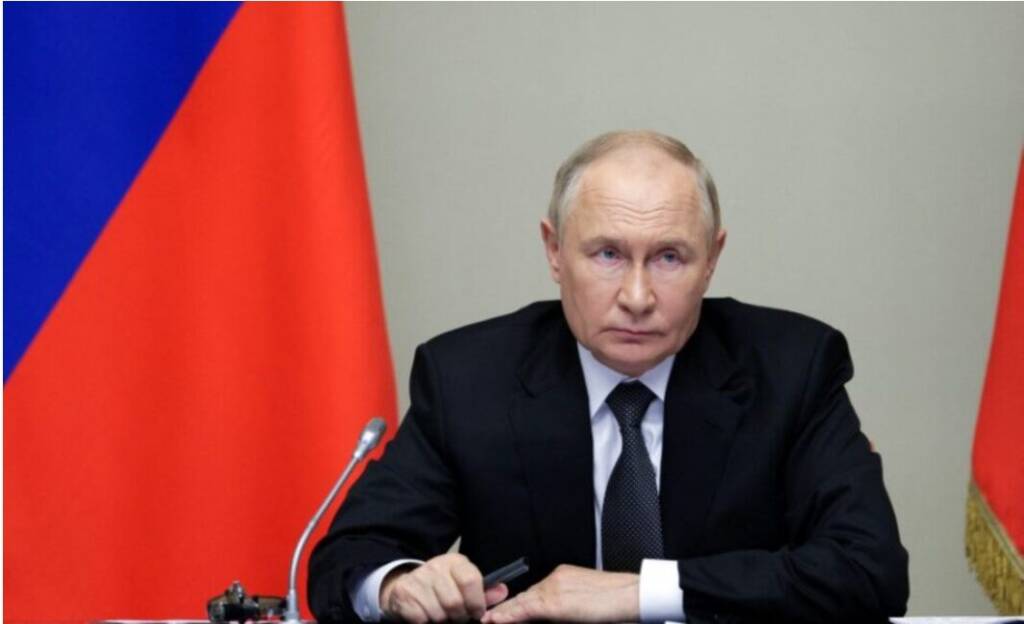Russia has so far stayed away from the conflict in Middle East. Not anymore!
Israel is now shifting some of its focus toward Russia to help bring peace to its conflict with Hezbollah in Lebanon. Israel’s Strategic Affairs Minister Ron Dermer has made a quiet visit to Russia, hinting that Israel may be looking to Moscow for assistance in brokering a ceasefire.
Question is: Israel is America’s biggest ally. Why is it seeking Moscow’s support?
Well, Russia holds significant influence in Syria, a country closely allied with Iran, and this gives it a unique position in the conflict. Syria is a vital link in supplying weapons from Iran to Hezbollah. Israel is worried about Hezbollah rearming, and Russia’s cooperation could help cut off this supply chain. As simple as that!
If Russia helps broker peace, it may reduce Hezbollah’s ability to launch further attacks and help restore stability along Israel’s northern border.
For over a year, Hezbollah has frequently attacked Israel from Lebanon, using rockets and drones that have caused serious damage and even fatalities. Israel responded with a large-scale military operation that has caused heavy losses for Hezbollah.
Not to mention that Israel now believes there is hardly much the US can achieve in Lebanon.
US special envoy Amos Hochstein is expected to visit Lebanon soon to discuss peace efforts with Lebanese politicians. However, there’s a sense of doubt in Lebanon about whether Hochstein can actually achieve much, as previous attempts have not succeeded. Although Hochstein seems hopeful about securing an agreement between Israel and Hezbollah, some officials question if the U.S. has enough influence to bring this conflict to a halt. And that’s why, Russia’s role has become so relevant.
And that’s why, a Russian delegation also arrived in Israel recently. While the visit’s official purpose wasn’t tied to the conflicts in Gaza and Lebanon, it underlined Russia’s role as a mediator in the region. Given the complex alliances and ongoing hostilities, Russia’s diplomacy could influence how the conflict unfolds.
Mind you, the ongoing conflict is more than just Israel versus Hezbollah. It has drawn in Iran and its allies across the Middle East. Iran has twice directly fired rockets and drones at Israel, sparking Israeli retaliation. This back-and-forth has fueled an already tense situation, with Iran threatening further retaliation after Israel’s last round of strikes.
Since October last year, attacks from Lebanon and Syria have caused significant casualties. In northern Israel, 41 civilians have been killed in attacks from Lebanon. In addition, 62 Israeli soldiers and reservists have lost their lives in skirmishes and operations in southern Lebanon. There have even been drone attacks from Iraq, leading to the deaths of two Israeli soldiers, although attacks from Syria haven’t led to any injuries so far.
Israel’s current outreach to Russia may show a willingness to consider any partner who could help stabilise the region, even if it means working with countries like Russia that have strong ties to Syria and Iran. If Russia can broker a deal, it could ease tensions not only between Israel and Hezbollah but also between Israel and Iran.
While the United States is still involved in the talks, its influence might be limited, especially given the shifting US administration. This might explain why Israel is increasingly interested in what Russia could achieve, even if it’s a surprising alliance.
